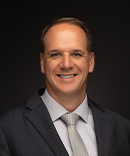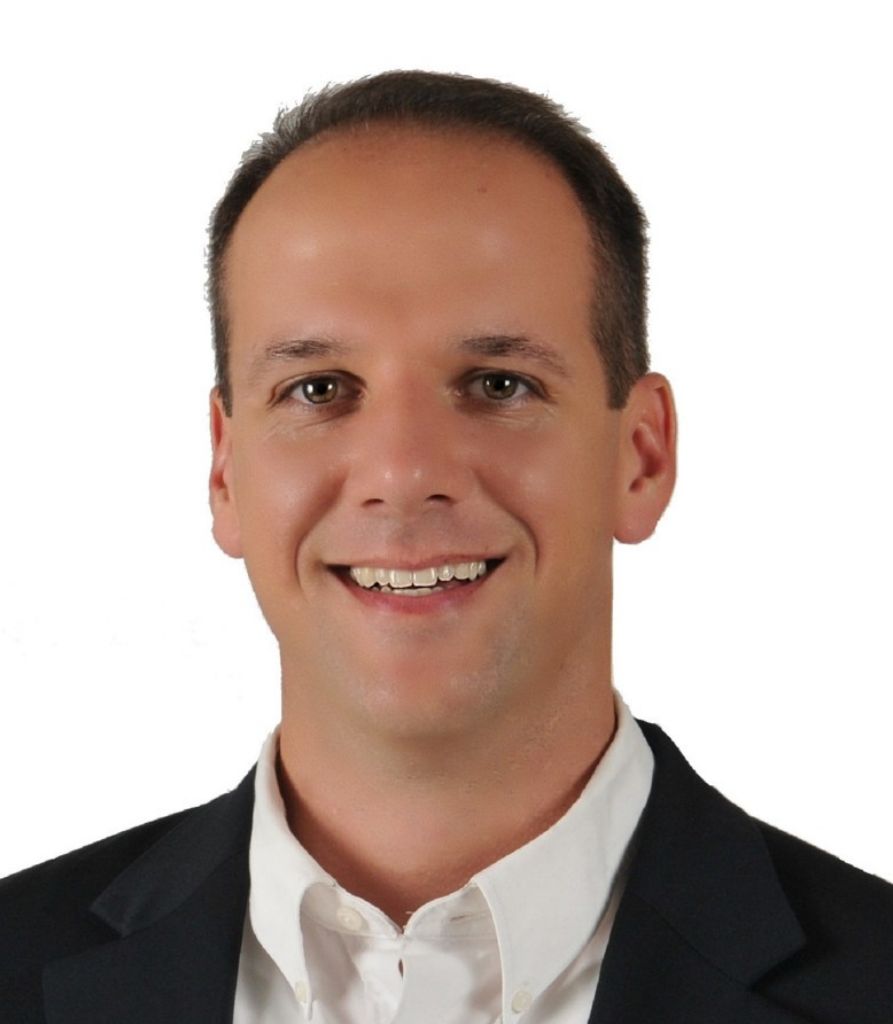By Mark Ziety, CFP®, AIF®, Financial Advisor, WisMed Financial

Investing is a smart way to grow your wealth, and keeping more of it from taxes is even smarter. Let’s explore some common tax mistakes investors make and how to avoid them:
- Right Investment, Wrong Account: Investment growth, dividends and interest can be taxed as ordinary income, short or long-term capital gains or tax-free. Similarly, investment accounts are treated as tax deferred, taxable or tax-free. Holding tax efficient and inefficient investments in the right accounts can improve net returns.
- Short-Term Gains Trap: Selling an investment held less than a year triggers short-term capital gains taxes, typically at your ordinary income tax rate. This can be much higher than the long-term capital gains tax for assets held over a year. Consider waiting to sell until you hit that long-term mark.
- Neglecting Tax-Advantaged Accounts: Contributing to IRAs, 401(k)s and other tax-advantaged accounts, like a health savings account, allows your investments to grow tax-deferred or tax-free until withdrawal. This can significantly boost your returns in the long run.
- Letting Losses Linger: Selling investments at a loss can offset capital gains and reduce your tax bill. This is called tax-loss harvesting. Don’t miss opportunities to claim these deductions! However, be mindful of the wash-sale rule, which limits claiming losses if you repurchase a similar investment within 30 days before or after selling.
- Forgetting IRA Contributions: Investment companies typically don’t send the supporting tax document 5498 until May each year (because investors have until April 15 to make their IRA contribution for the prior year). This leads many investors to forget to record their IRA contribution on their tax return.
Wisconsin Specifics:
- Missing Long-Term Care Premiums: Wisconsin allows a deduction for qualified long-term care insurance premiums on the state income tax return, even if you don’t claim an itemized deduction on the federal return. Plus, you won’t necessarily get a supporting tax document from your insurance company, so this is easy to miss.
- Missing Edvest Contributions: Wisconsin residents contributing to an Edvest college savings plan may qualify for a state tax deduction on contributions. This is another one that’s easy to miss; there’s no supporting tax document sent out by Edvest.
Please note, this is not professional tax advice. For specific guidance on your situation, consult a tax professional. By being aware of these common pitfalls, you can keep more of your hard-earned investment returns come tax time, especially when considering Wisconsin’s unique tax landscape.
For personalized help eliminating debt, investing smart and securing retirement, please contact Mark Ziety, CFP®, AIF® 608.442.3750.
Mark Ziety, CFP®, AIF®
WisMed Financial, Inc. part of the Wisconsin Medical Society
Note: This article is for informational purposes only and should not be considered as financial or tax advice. Please consult with a qualified financial advisor or tax professional before making any financial decisions. Full disclosures.

